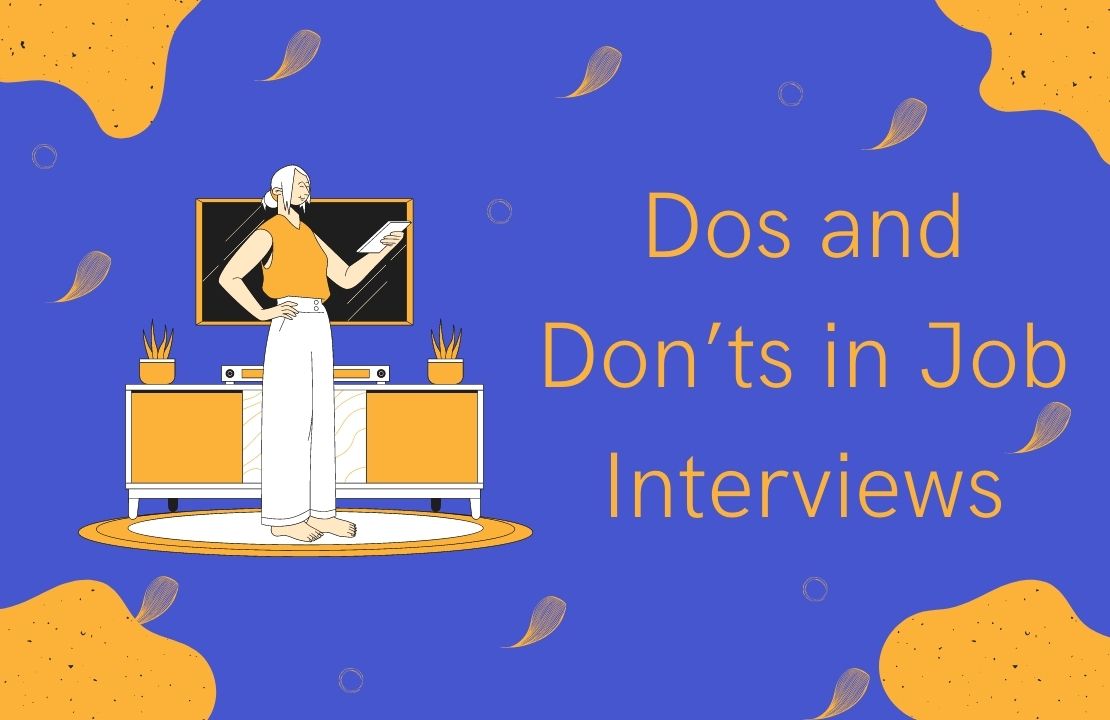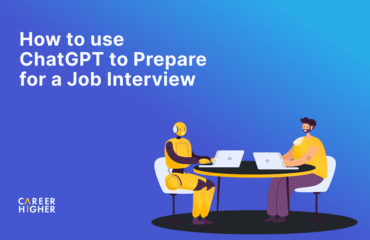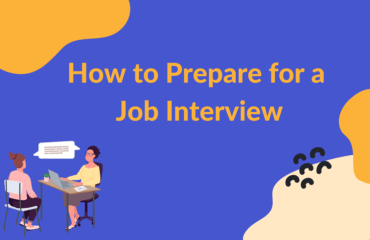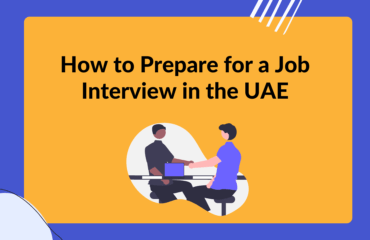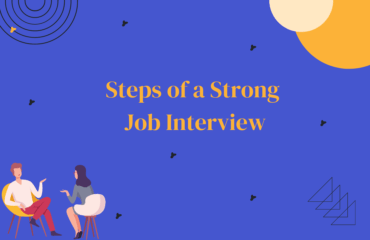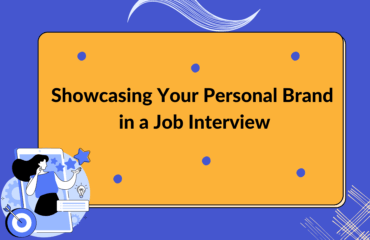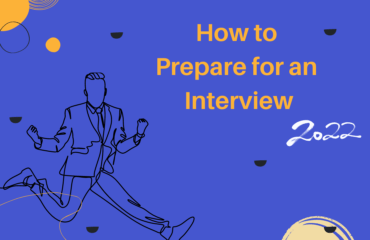Table of Contents
Job interviews can become overly stressful for candidates. As a job applicant, there are many interviewing aspects to take into account to succeed and convince the hiring team that you’re the perfect fit for the role. And the more you want the job, the more anxious you may get when the evaluation day approaches. According to stats, 93% of job seekers stated that they have experienced anxiety related to an interview.
So how can you ensure that you’ll tame your performance anxiety and put your best foot forward? Apart from taking a few deep breaths, you can follow certain tips and practices that can help you leave a favorable impression. We have gathered our recommendations below, in the form of dos and don’ts to get you started.
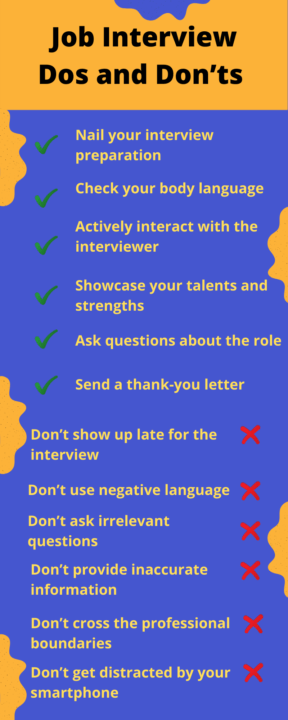
Job Interview Dos and Don’ts
Job interviews: The Dos
1. Prepare for the interview
Interview preparation is one of the key assets to securing a great performance. Before the interview day, rehearse your elevator pitch and some of the most standard interview questions that you will encounter, such as “Why did you apply for this job?” or “What are your biggest strengths and weaknesses?”. It’s also important to learn more about the company, its unique services, and its culture. You can scroll through their website and social media to get a better view.
2. Mind your body language
Did you know that a huge part of our communication relies on the non-verbal cues we exchange with others? Hence, it’s vital to embrace a more ‘positive’ body language during the interview. Remember to smile and keep eye contact with the interviewing team. Your body posture also says a lot, so sit upright and avoid crossing your arms or legs. In short, try to make the most of this interview, adopt an open attitude, and enjoy yourself.
3. Listen actively to the interviewer
In the same spirit, listen actively to the interviewer and try to grasp everything about the company and role. There is no need to rush to answer their questions. Take your time, show that you understand, and then respond. It’s best to go with the flow and try to interact with the hiring team as naturally as possible to create a strong connection with them.
4. Show your strengths and expertise
During the interview, it’s important to emphasize your strengths and skills. If you meet the job requirements and you have arguments to justify this – e.g. previous work experience – bring them to the table. The more you persuade them that you meet the requirement for this role, the higher the chances it will become yours.
A job interview is a two-way street. The interviewers should also persuade you that their company is the best employer for you. So feel free to ask questions about the role, daily tasks, or requirements. This is the so-called reverse interviewing and proves to interviewers that you’ve done your homework and that the role is indeed special for you.
6. Send a follow-up email
When the interview is over, there is an additional move to make to impress – sending a follow-up email. It’s a thank-you note you can send to the interviewers, to express your gratitude and appreciation for their work. Moreover, it’s a great opportunity to elaborate once more on why you are suitable for this position, using tangible examples.
And now off to the don’ts…
1. Don’t arrive late or unprepared
Showing up late for an interview is not a good sign for the employer. It shows a lack of time management skills and is a red flag for them. So check the address well in advance and make sure to get there ten minutes earlier. Plus, don’t forget to prepare for the interview, because if they figure it out, you’ll seem unprofessional. You can also bring copies of your resume and portfolio with you if needed.
2. Don’t speak poorly about previous employers
When sharing information about your work experiences, avoid speaking negatively about your previous colleagues and employers. For example, the interviewer may ask you why you want to leave your current role. In this case, it’s best to give a diplomatic answer, such as career progression, to maintain positive vibes during the interview.
3. Don’t ask irrelevant questions
As mentioned earlier, during an interview you can ask for job-related information to understand more about the role. Stick to those details and avoid asking irrelevant questions. The interviewers should feel that your priority is the job per se. For example, if you ask them only about the company’s benefit plan, then they might get confused about your objectives.
4. Don’t provide false information
As an interviewee, you should never disclose inaccurate information about yourself. First off, many companies will do a background check so they will learn more about your profile. Also, avoid exacerbating your skills just to get a role. If you don’t meet the requirements down the line, then both you and the company will be in a negative position.
Your conversations with the interviewers should remain as professional as possible. Even if you start feeling more relaxed, it’s essential to remember that you are being evaluated at all times. So keep a friendly but always professional tone from the moment you enter the meeting room to the time you send a thank-you letter.
6. Don’t use your smartphone during the interview
Before the interview starts, remember to turn off your mobile phone to avoid unnecessary distractions. If you forget it and it rings during the meeting, avoid answering it, but put it on silent mode instead. Thus, you’ll show the interviewers that all your attention is on them.
In a nutshell
Giving your best during an interview is not always a piece of cake. But following the best practices assures you that you did the best from your end. Keep in mind that all these tips apply to video interviews, as well, with a few contextual alterations. And if you continue to feel anxious about your performance, you can always book a consultation with a career coach to prepare for success.
